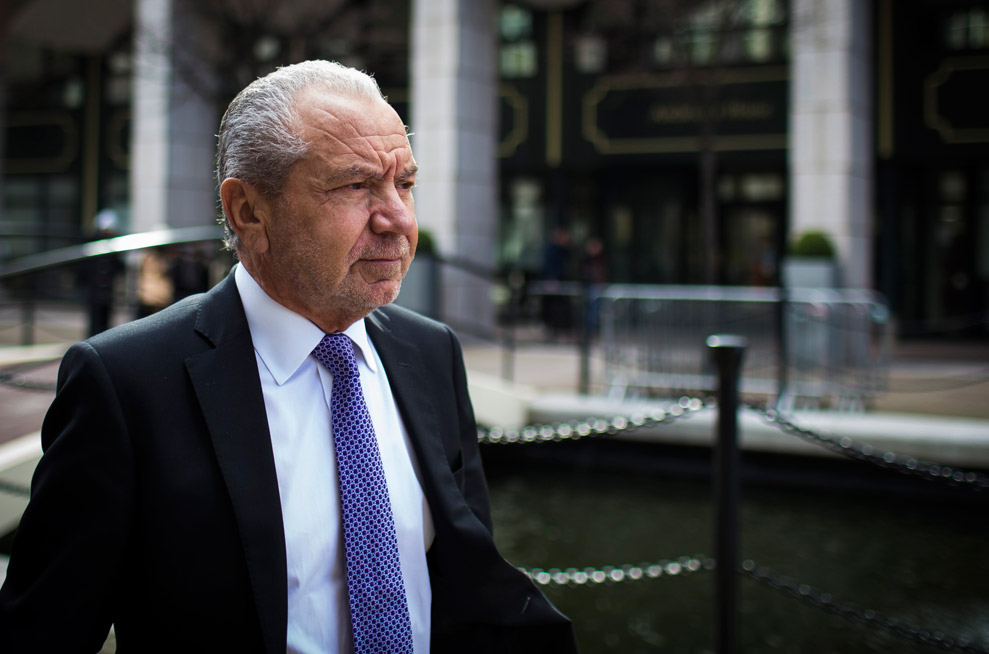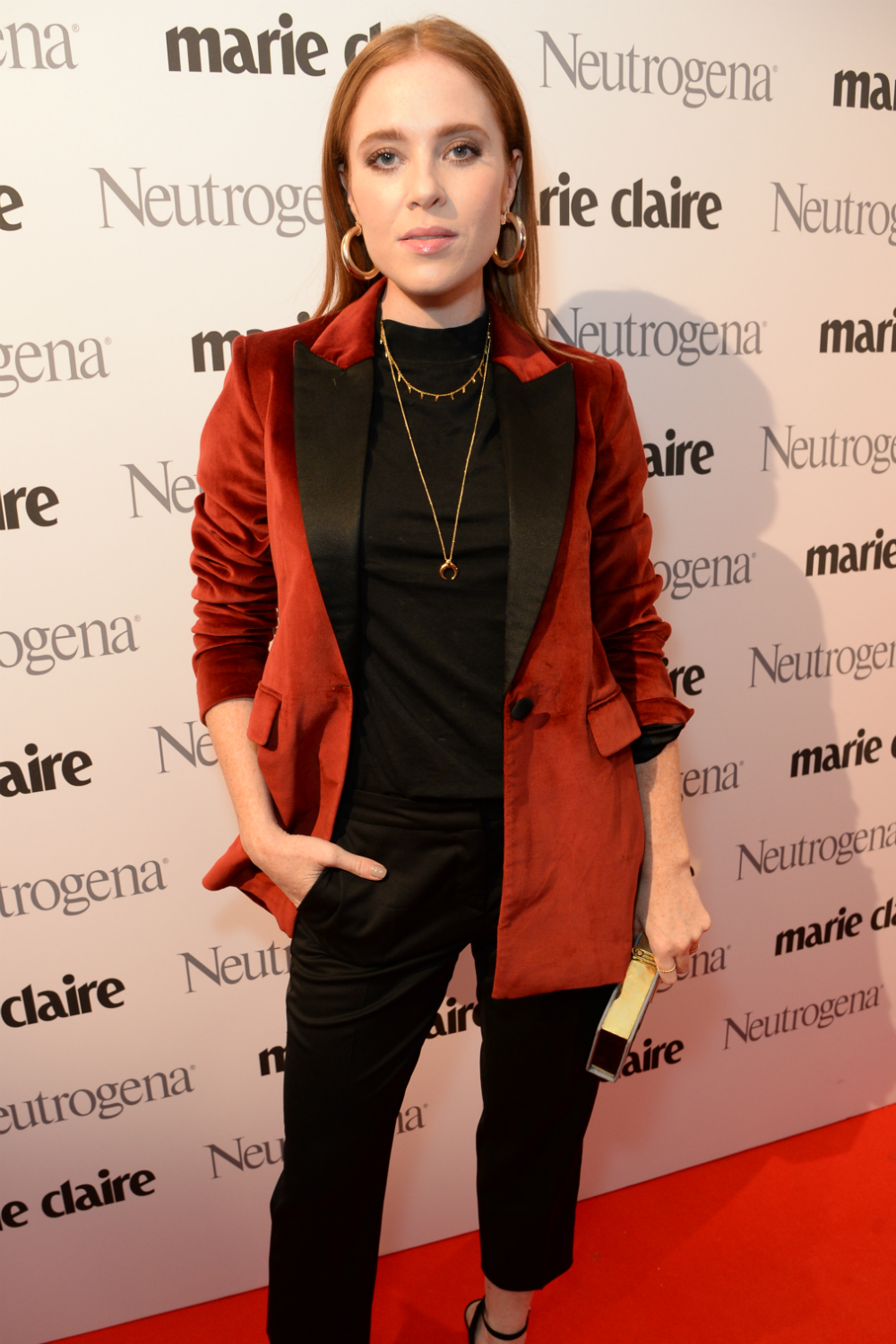Lord Sugar calls on women to fix the gender pay gap themselves
And no one knows what to think…


And no one knows what to think…
Three months ago the BBC was forced to reveal how much its top stars are actually paid, after considerable pressure from the Government to increase transparency on pay.
With the incomes coming out of the licence fees paid by the public, the Government argued that the people have the right to know how much the corporation is paying its stars, forcing the BBC to release a list of the presenters, actors and entertainers who earn more than £150,000 a year.
The list revealed a huge gender pay gap, with the figures showing that men make up two thirds of the highest paid talent. In fact in the top ten BBC earners, there were only three women. And if you thought that sounded bad, brace yourselves for this one – the top four male BBC presenters collectively earn £5.5 million a year whilst the top four female BBC presenters collectively earn £1,749,996.
Since the announcement, high profile female presenters have been openly discussing the issue, calling for change with TV presenter Angela Scanlon telling Marie Claire at our Future Shapers event last week, ‘I would like to see equal pay. It has been quite topical at the moment in my industry, but it is something that needs to be addressed across all industries.’

The latest personality to add their voice to the controversy is Lord Alan Sugar, who works with the BBC on the Bafta-winning show, The Apprentice.
In a recent interview with the Press Association, Lord Sugar called the gender pay gap revelation ‘disgraceful’ – but not for the reason you would think.
Celebrity news, beauty, fashion advice, and fascinating features, delivered straight to your inbox!
What Lord Sugar actually thought was ‘disgraceful’ was the fact that the BBC were forced to reveal their top earners in the first place.
‘It’s a private issue and I think it’s disgraceful, actually, that the BBC were forced to publish what people were earning,’ he stated, going on to explain that it is up to the women to ask for more pay and that they should be more assertive.
He continued: ‘Her agent should come along and say, “Hold on, I know how much Charlie’s being paid and I want more for my lady to do it." If the BBC, or ITV, or Channel 4, or Channel 5 say, “Nah, not really,” then tough. She’ll have to decide what she wants to be paid.’
This comes after a government adviser on equal pay made headlines in July for suggesting that female staff at the BBC were the ones to blame for the gender pay gap, ‘because they weren’t doing much about it.’
It's times like these that it's more important than ever to keep the gender pay gap conversation going.

Jenny Proudfoot is an award-winning journalist, specialising in lifestyle, culture, entertainment, international development and politics. After working at Marie Claire UK for seven years - rising from intern to Features Editor - she is now a freelance contributor to the News and Features section.
In 2021, Jenny was named as a winner on the PPA's '30 under 30' list, and was also listed as a rising star in journalism.